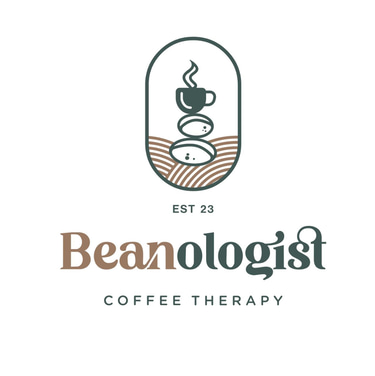Caffeine vs. Decaf: Unveiling the Coffee Conundrum
Coffee, the elixir of life, the fuel that powers our mornings and fuels our creativity, has long been a staple in our daily lives. But amidst the rich aroma and invigorating taste, a question often arises: should we opt for caffeinated or decaffeinated coffee?
11/8/20232 min read


Caffeine vs. Decaf: Unveiling the Coffee Conundrum
Coffee, the elixir of life, the fuel that powers our mornings and fuels our creativity, has long been a staple in our daily lives. But amidst the rich aroma and invigorating taste, a question often arises: should we opt for caffeinated or decaffeinated coffee?
Demystifying the Caffeine Dilemma
Caffeine, a natural stimulant found in coffee, is responsible for the energy boost we crave. It works by blocking adenosine, a neurotransmitter that promotes sleepiness. This blockage allows dopamine and norepinephrine, neurotransmitters associated with alertness and mood enhancement, to flow freely.
However, for some individuals, the effects of caffeine can be less desirable. Excessive caffeine intake can lead to jitters, anxiety, and sleep disturbances. For pregnant women and those with certain medical conditions, caffeine consumption may pose additional health concerns.
Decaf: The Caffeine-Free Alternative
Enter decaffeinated coffee, a savior for those seeking the taste and ritual of coffee without the stimulating effects of caffeine. Through various decaffeination processes, such as water-based solvent extraction or supercritical carbon dioxide extraction, approximately 97% of caffeine is removed from coffee beans.
Global Coffee Consumption Trends
According to the International Coffee Organization (ICO), global coffee consumption reached a record high of 164 million bags in 2022, with decaffeinated coffee accounting for approximately 2% of this total. While caffeinated coffee remains the dominant choice, the demand for decaffeinated alternatives is steadily increasing, particularly in regions with higher health consciousness and a growing elderly population.
Health Considerations and Nutritional Profiles
Decaffeinated coffee retains many of the beneficial compounds found in regular coffee, including antioxidants and phenolic acids. These compounds have been linked to various health benefits, such as reduced risk of type 2 diabetes, Parkinson's disease, and certain types of cancer. However, it's important to note that decaffeinated coffee may have slightly lower levels of these beneficial compounds compared to caffeinated coffee.
Making an Informed Choice: Caffeinated vs. Decaf
The decision between caffeinated and decaffeinated coffee ultimately comes down to individual preferences and health considerations. For those seeking the energy boost and mental clarity that caffeine provides, caffeinated coffee remains a popular choice. However, for individuals sensitive to caffeine or seeking to minimize its intake, decaffeinated coffee offers a viable alternative without sacrificing the rich flavor and aroma that coffee lovers crave.
Whether you're a caffeine enthusiast or a decaf devotee, one thing is certain: coffee remains a beloved beverage that connects people worldwide, fostering conversations, fueling creativity, and adding a touch of warmth and satisfaction to our daily lives.

